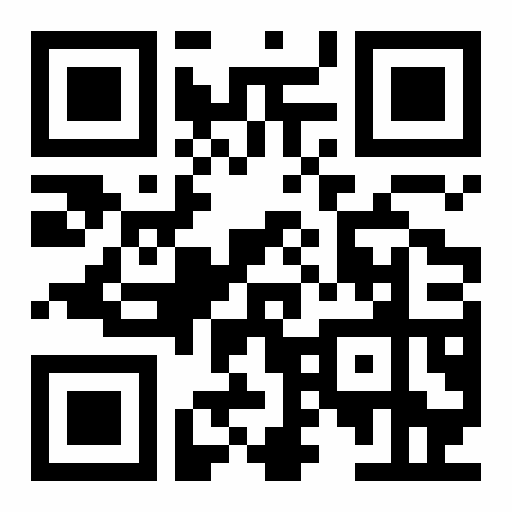




Introduction: postpartum depression is a type of persistent and serious depression the symptoms of which appear in the fourth week after delivery. The present study aims at using problem-solving therapy method for the treatment of postpartum depression disorder. Study Method: the present study is an empirical research that has been carried out based on trials using pretest and posttest and a control group on 20 women who had been qualified for the study inclusion criteria and selected based on convenience sampling method following which the study participants were assigned to two groups: one problem-solving group (n=10) and one control group (n=10). To perform the preliminary diagnosis, Adinbourg test and, then, Back’s depression test were utilized and clinical interviews were conducted to perform a final diagnosis of postpartum depression. The data were analyzed using descriptive tests and two-way mixed analysis of variance in SPSS. Study Findings: the study results indicated that the problem-solving therapy method is effective on the postpartum depression treatment. The mean scores of the two groups were found different in the pretest and posttest. But, the mean difference of the pretest and posttest was found significant for the problem-solving group (7.4 to 19.1) during the treatment time span. Thus, the problem solving method is effective on the alleviation and treatment of depression symptoms (P<0.001). Final Conclusion: based on the present study results, the problem-solving therapy method can be effective for the treatment of mild to medium depression in postpartum women for its capability of being implemented in the short run, easy implementation and having no side effects as compared to medications.